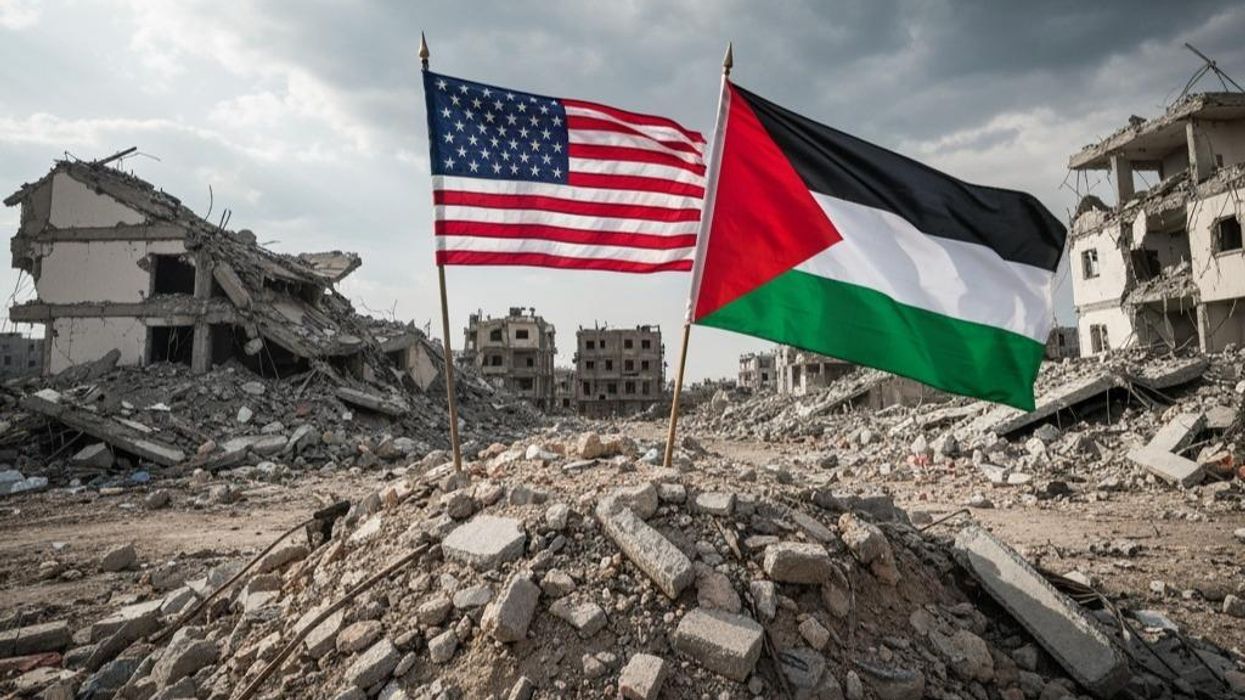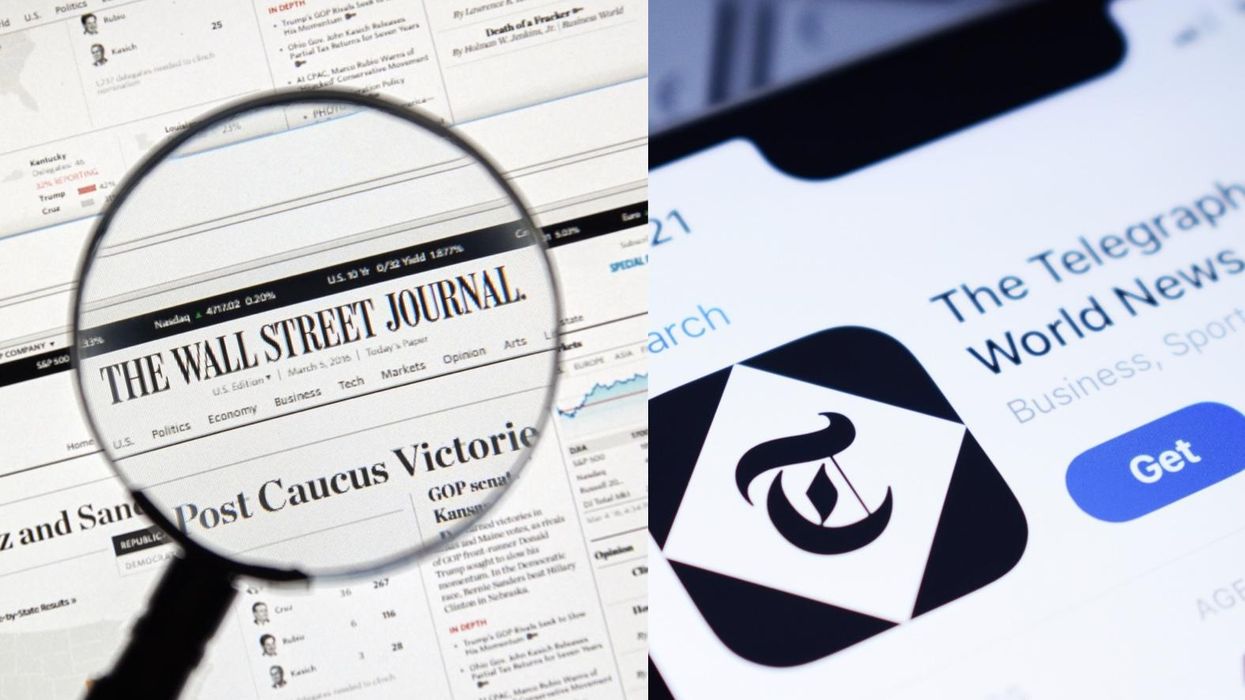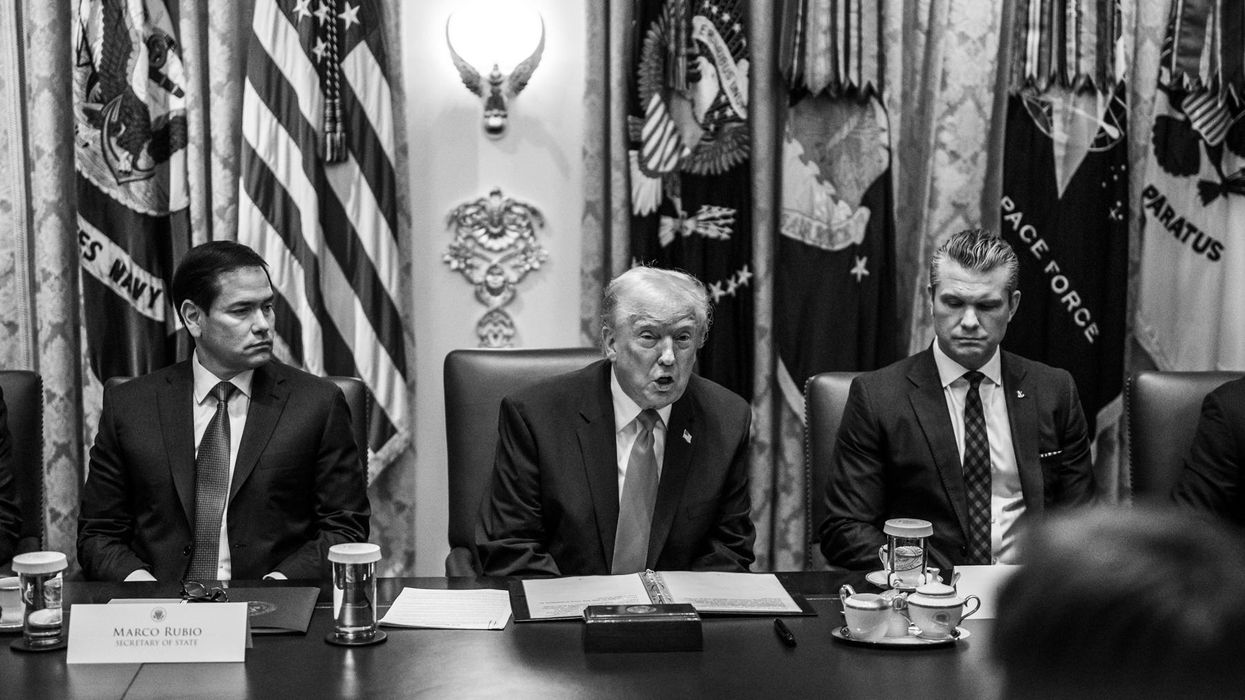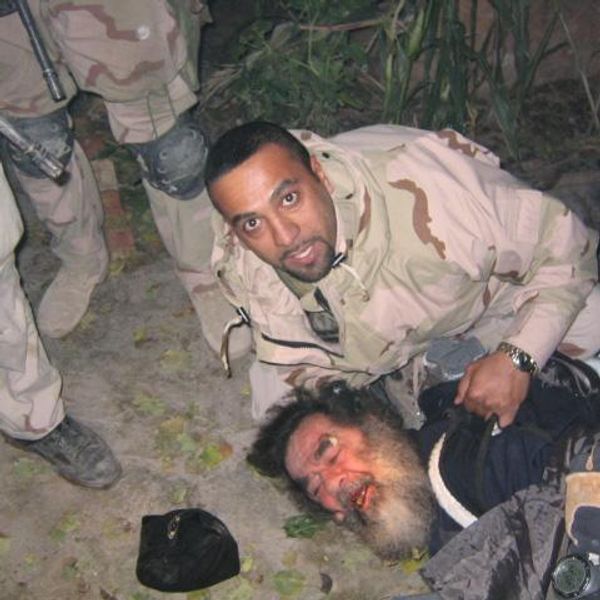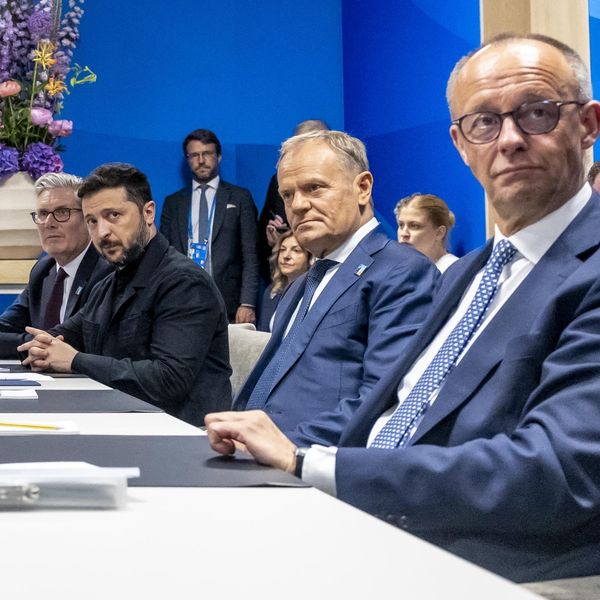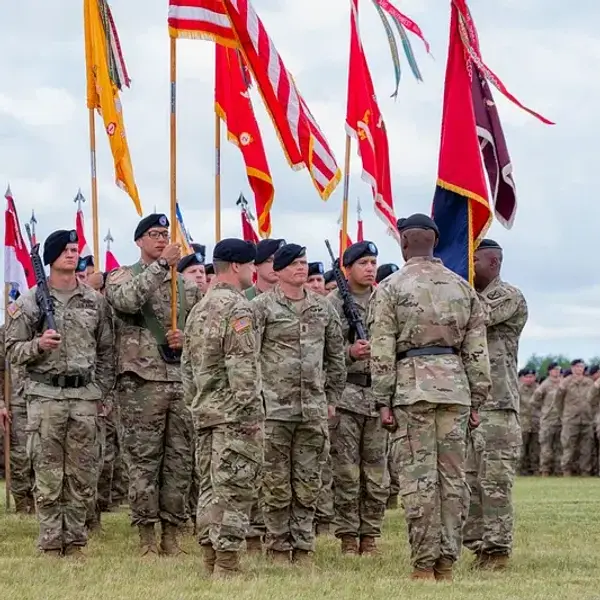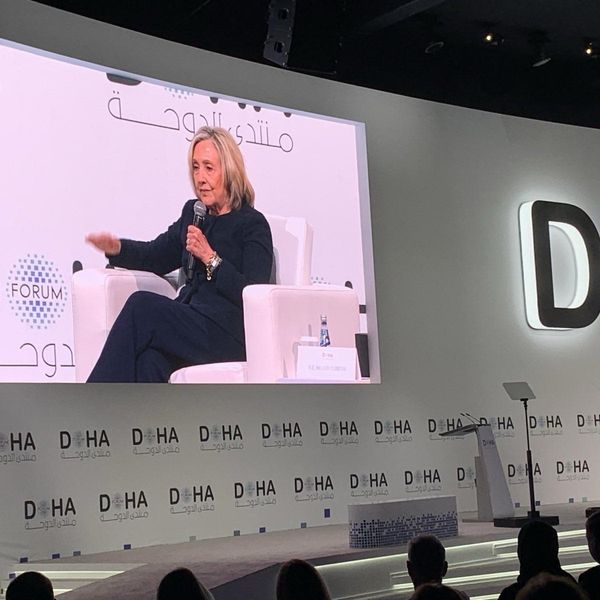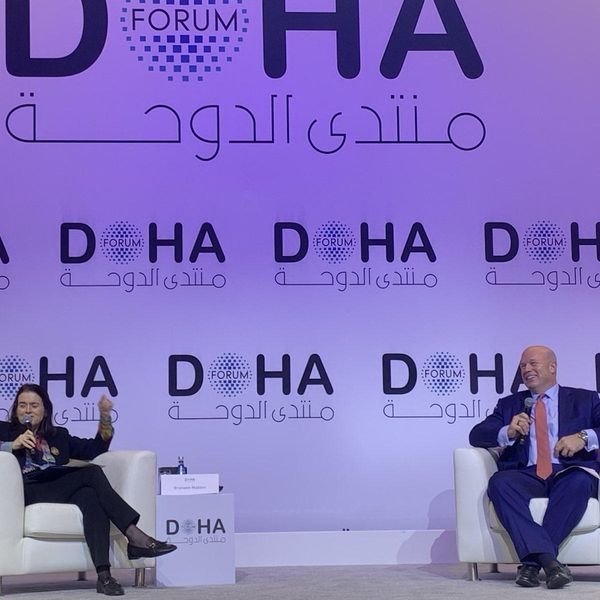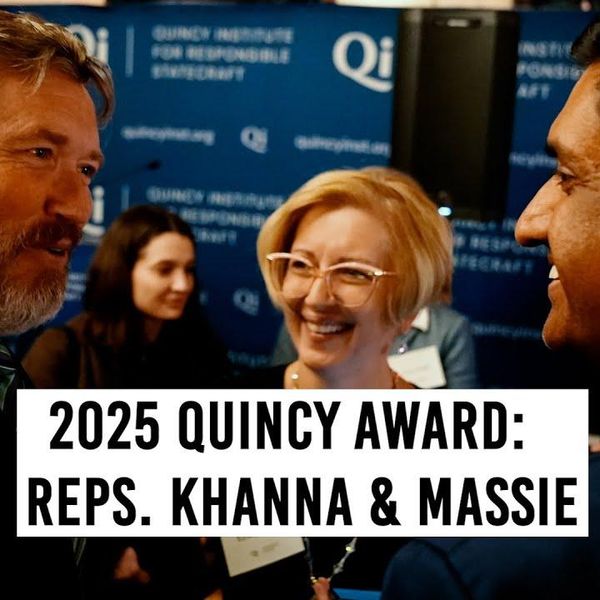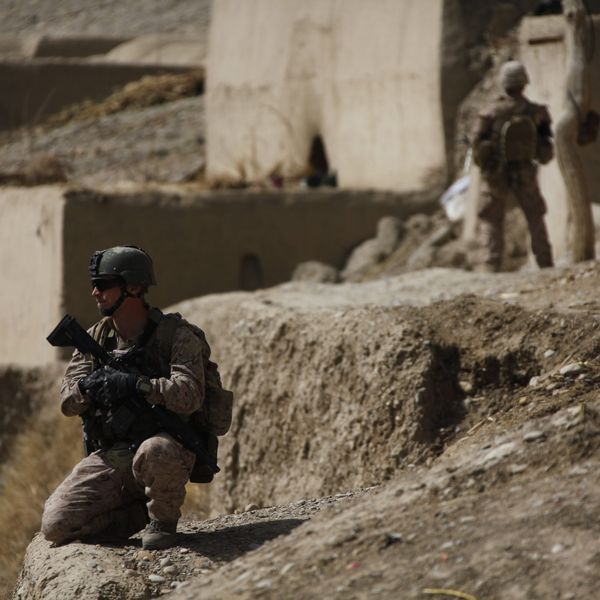An open letter calling for a swift diplomatic end to the war in Ukraine was published on Tuesday in the New York Times. The letter’s 14 signatories consisted mostly of former U.S. military officers and other national security officials, including Jack Matlock, Washington’s former ambassador to the Soviet Union; Ann Wright, a retired U.S. Army colonel and former diplomat; Matthew Hoh, a former Marine Corps officer and State Department official; and Ret. Col. Lawrence Wilkerson, who served as Secretary of State Colin Powell's Chief of Staff.
Many are longtime critics of U.S. foreign policy and post-9/11 war policies.
The letter calls the war an “unmitigated disaster” and cautions that “future devastation could be exponentially greater as nuclear powers creep ever closer toward open war.”
While condemning Vladimir Putin’s “criminal invasion and occupation,” the letter, which notes the serial invasions of Russia by foreign adversaries, encourages readers to understand the war “through Russia’s eyes.”
“In diplomacy, one must attempt to see with strategic empathy, seeking to understand one’s adversaries,” according to the letter. “This is not weakness: it is wisdom.”
“Since 2007, Russia has repeatedly warned that NATO’s armed forces on Russian borders were intolerable – just as Russian forces in Mexico or Canada would be intolerable to the U.S. now, or as Soviet missiles in Cuba were in 1962,” the letter reads. “Russia further singled out NATO expansion into Ukraine as especially provocative.”
The missive, which appeared on page 5 of the Times’ print edition, lays out the history of warnings by key U.S. national security officials, politicians, and others about the dangers of NATO expansion in the late 1990s, and again in 2008 when then-U.S. Ambassador to Russia and current CIA director William Burns cautioned Secretary of State Condoleezza Rice against pushing for NATO membership for Ukraine.
Accompanying the text is a timeline of the deterioration in relations between Moscow and the West that begins in 1990, when Secretary of State James Baker assured Russia that NATO would not expand eastwards, until Russia’s invasion in February of last year.
“NATO expansion, in sum, is a key feature of a militarized U.S. foreign policy characterized by unilateralism featuring regime change and preemptive wars,” according to the letter, which suggests that Washington’s “failed wars” in Iraq and Afghanistan have been two of the results.
President Joe Biden has vowed that Washington will continue to aid Kyiv “as long as it takes.” The letter’s signers fear that this is a recipe for escalation that could result in catastrophe.
“As Dan Ellsberg has warned courageously and unceasingly, we — the world — are at the nuclear brink again, perhaps closer to the edge than ever before. It only requires one step to go over and then our steps end forever,” Wilkerson said in the statement released by the Eisenhower Media Network, which funded the full-page advertisement. “If that's not sufficient reason for a return to diplomacy, our extinction is at hand; the timing is all that is in question."
To date, the United States has sent $37 billion worth of military aid to Kyiv. High-level discussions with officials in Moscow have been rare, and a number of other entities, including China, Brazil, and the Pope, have taken on the mantle of pushing for a diplomatic solution.
What Washington’s role will look like going forward is more uncertain, with recent reporting as well as revelations from Pentagon leaks suggesting that the administration will continue supporting Ukraine through the anticipated counteroffensive against Russian forces before possibly reassessing, although officials have disputed that narrative.
The letter, entitled “The U.S. Should Be a Force for Peace in the World,” urges the Biden administration to pivot towards pursuing a negotiated solution to end the war “speedily.”
“This reality is not entirely of our own making, yet it may well be our undoing,” the letter concludes, “unless we dedicate ourselves to forging a diplomatic settlement that stops the killing and defuses tensions.”


